Boston Mayor Michelle Wu’s rent control proposition reached the city council and residents of the city on Feb. 13 and was received with praise as well as criticism.
Boston’s rent has increased exponentially over the past few years, and affordable housing has been extremely scarce in the city. Average prices rose 31% in Fenway and Mission Hill in the past decade, according to CoStar data. This represented the steepest increase, but other neighborhoods were close behind.
Statistics like these were a call to action for Wu, who has always been advocating for a rent stabilization initiative in Boston.
Wu’s campaign for mayor of Boston incorporated rent stabilization as a goal of her administration. She appointed a Rent Stabilization Advisory Committee in 2022 with the hopes of examining how other parts of the country were handling similar issues. This research and preparation led to the current rent control proposal Wu released.
Wu stated in her proposal to the city council that this follows in the footsteps of programs in Oregon and Colorado, according to WBUR. The proposal aims to regulate the inflation of rent and provide criteria for places of residence that can increase rent and those that will be subject to the restrictions.
The policies included in the proposal include a limit on how much landlords can increase rent for returning tenants each year. This number is set to be what the Boston area’s Consumer Price Index is set to, plus 6%, or 10% at its highest. The limit will be set at whatever number is lower, according to WBUR.
The inclusion of the CPI intends to account for low or high inflation years, ideally to still allow for price increases in lower inflation years, but set strict limits on how much inflation impacts rent in a higher inflation year.
Wu said it will “better protect families from displacement caused by exorbitant increases in rent.”
These restrictions on rental increases do not apply to many of the housing opportunities within the city. Units that do not have a recurring tenant will be allowed to fluctuate in price with far more leniency. The price increase restrictions will only apply to returning tenants, according to WBUR.
Housing establishments that have been built, renovated, or extended from existing properties within the past 15 years also have no limit to their rental increases.
Other exceptions include locations with six or fewer units, in which the owner of the property lives in one of the units. These types of locations are not subject to the rental price restrictions. This changed from earlier drafts which only provided exemptions for units with three or fewer rentals.
The policies also outlined that public housing on a system where tenants contribute portions of their paycheck to housing will be exempt from the rent restrictions. Other exempt locations included in the proposal included religious housing facilities, hotels and motels, dormitories and locations where facilities are shared with a primary owner, according to WBUR
Other provisions outlined by Wu protect renters from unlawful evictions.
“Under this proposed law, tenants could only be evicted for cause, such as failure to pay rent, substantial violations of the lease, or use of the unit for illegal purposes,” said Wu.
Any eviction that falls beyond these, such as a “no-fault, just cause” evictions, which would require landlords to pay the evicted tenant a fee for their relocation.
Issues regarding this policy stem from a 1994 ballot question that eliminated rent control from Boston and the surrounding communities, like Cambridge and Brookline.
Major groups representing landlords and real estate personnel, like the National Apartment Association and the Greater Boston Real Estate Board, are wary of the impact Wu’s plan will have in the long run. Boston is already struggling to maintain the extreme increase in demand for housing.
With restrictions on unit pricing, landlords and real estate agents fear this will discourage and restrict developers who intend to build new properties.
“Rent control, also known as rent stabilization, has been shown to decrease housing production of future units, as well as discourage upkeep and maintenance of controlled units,” said GBREB CEO Greg Vasil in a statement last month.
This fear was already squandered by Wu’s revised plan, which exempted new locations from the restrictions. This fix did not solve every issue though, as it’s believed these policies are not the correct approach to remedying the lack of affordable housing.
“Imposing artificial and arbitrary limitations on rents interferes with the market’s ability to naturally respond to changing economic forces. Rent control destabilizes the rental market and decreases affordability,” said National Apartment Association President and CEO Bob Pinnegar in a testimony to the committee.
Wu has been quick to rebut the concerns for the market, reminding those with anxieties that these measures have resulted in successes across the country.
“We know that other cities across the country who have implemented rent stabilization and rent control are seeing it working, are seeing that it doesn’t come with the sky falling and some of the consequences that opponents would have you believe. It does mean that people are put first instead of profits. It does mean that we are working toward a vision of cities where everyone is welcome and everyone has a home,” said Wu.
Wu aims to see this passed and assist in the healing of the housing market for those living in Boston. The city council will review and announce a decision in due time deciding whether these policies will be enacted across rental properties in the city.


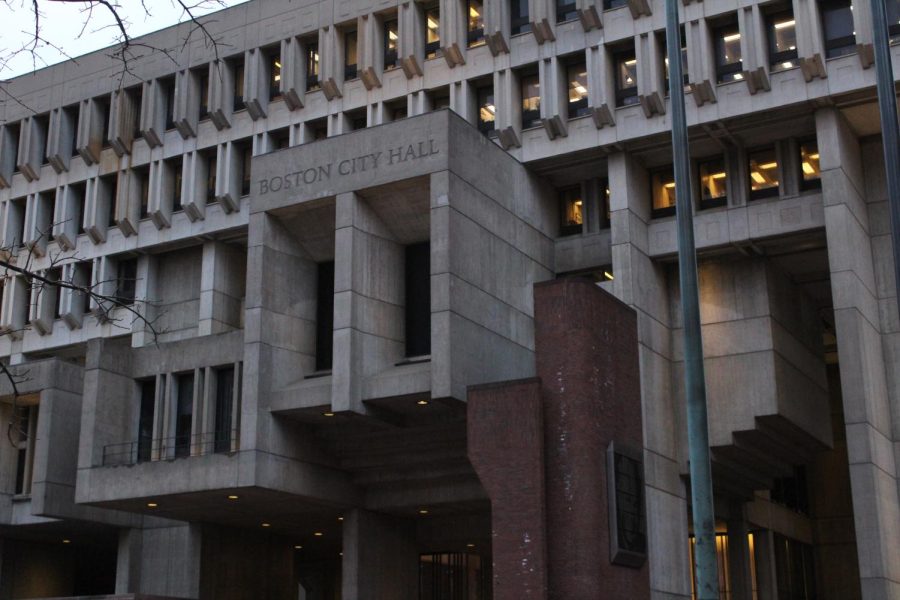
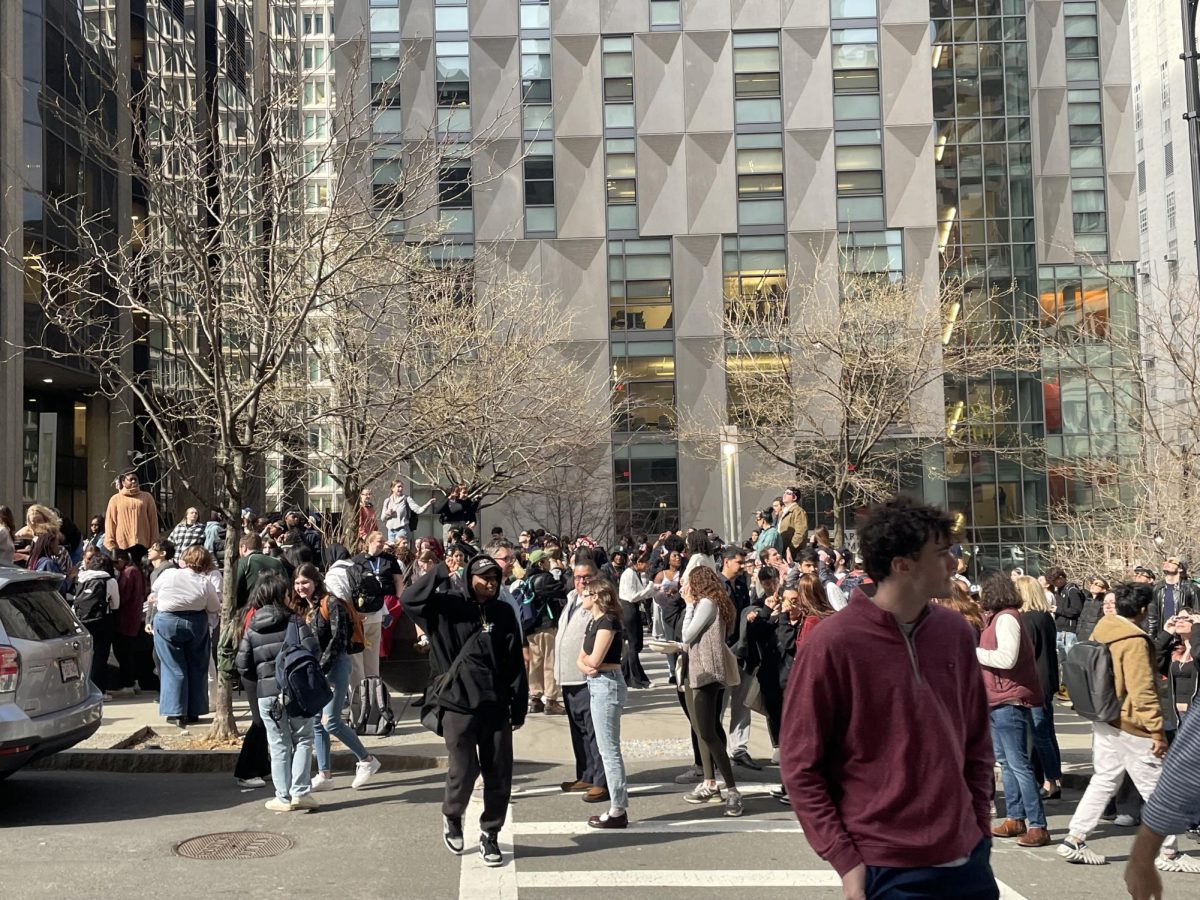
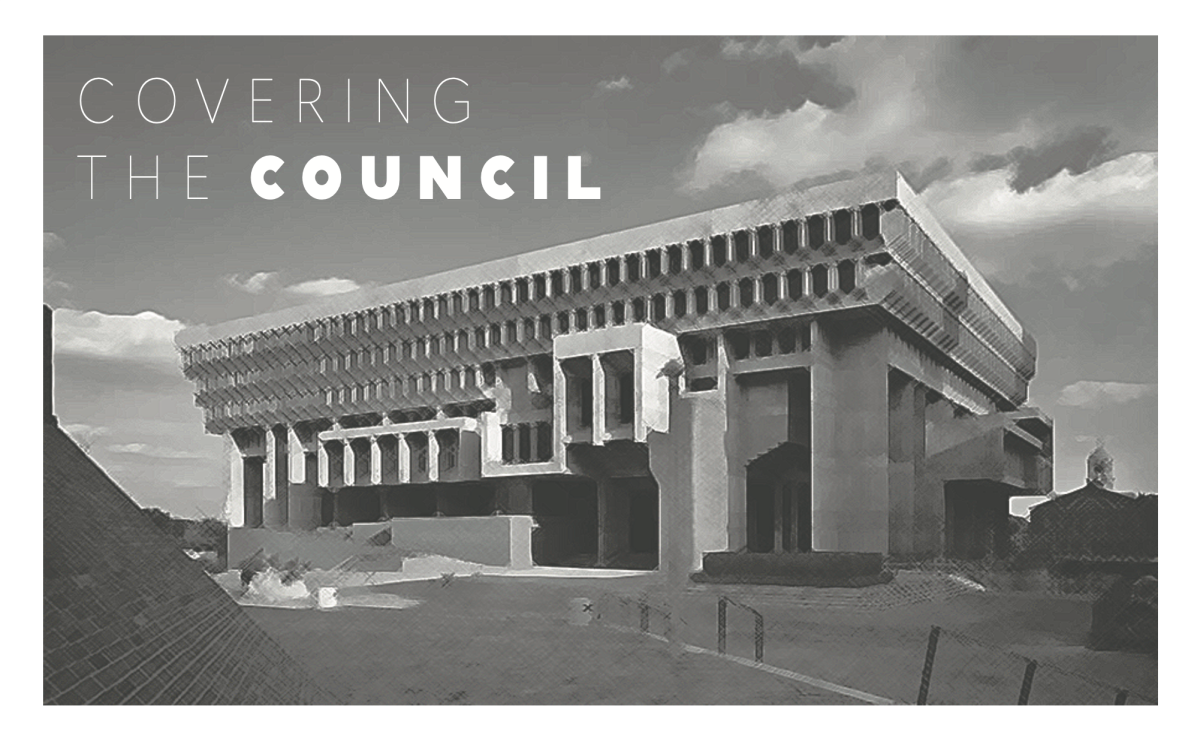


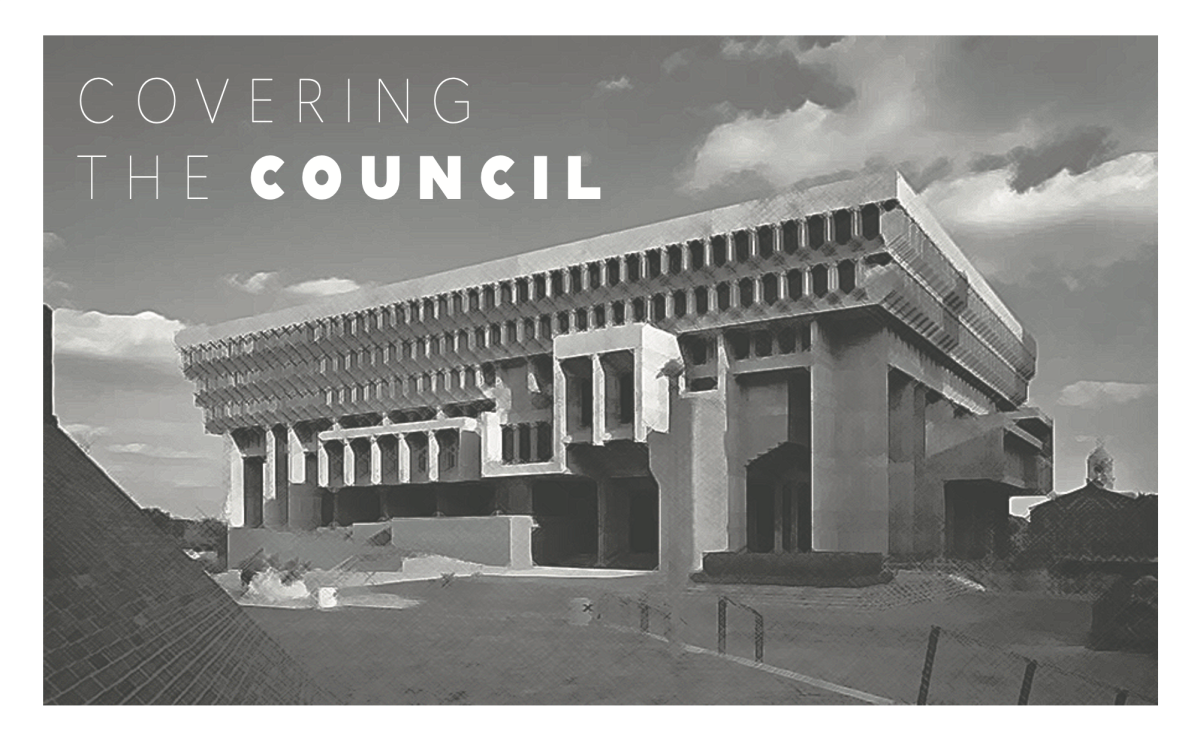
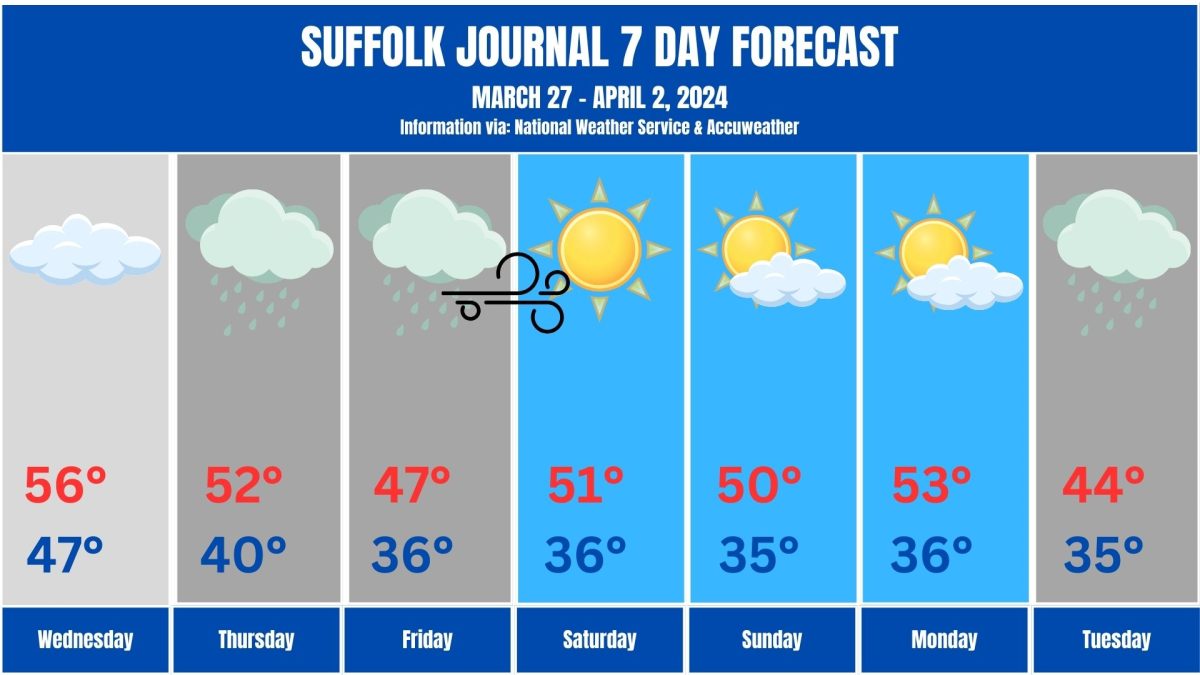













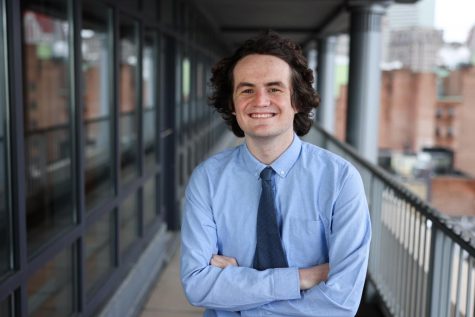
Suzanne Torres • Mar 2, 2023 at 11:10 am
I totally agree with Mayor Wu. The landlords that are balking are the greedy ones. I am glad she didn’t back down from landlords disagreeing with her. I am glad she sees the high rents as a way to keep some people from having a home in their city or town. I have been waiting for this for a long time. I am glad for what Mayor Wu is doing.